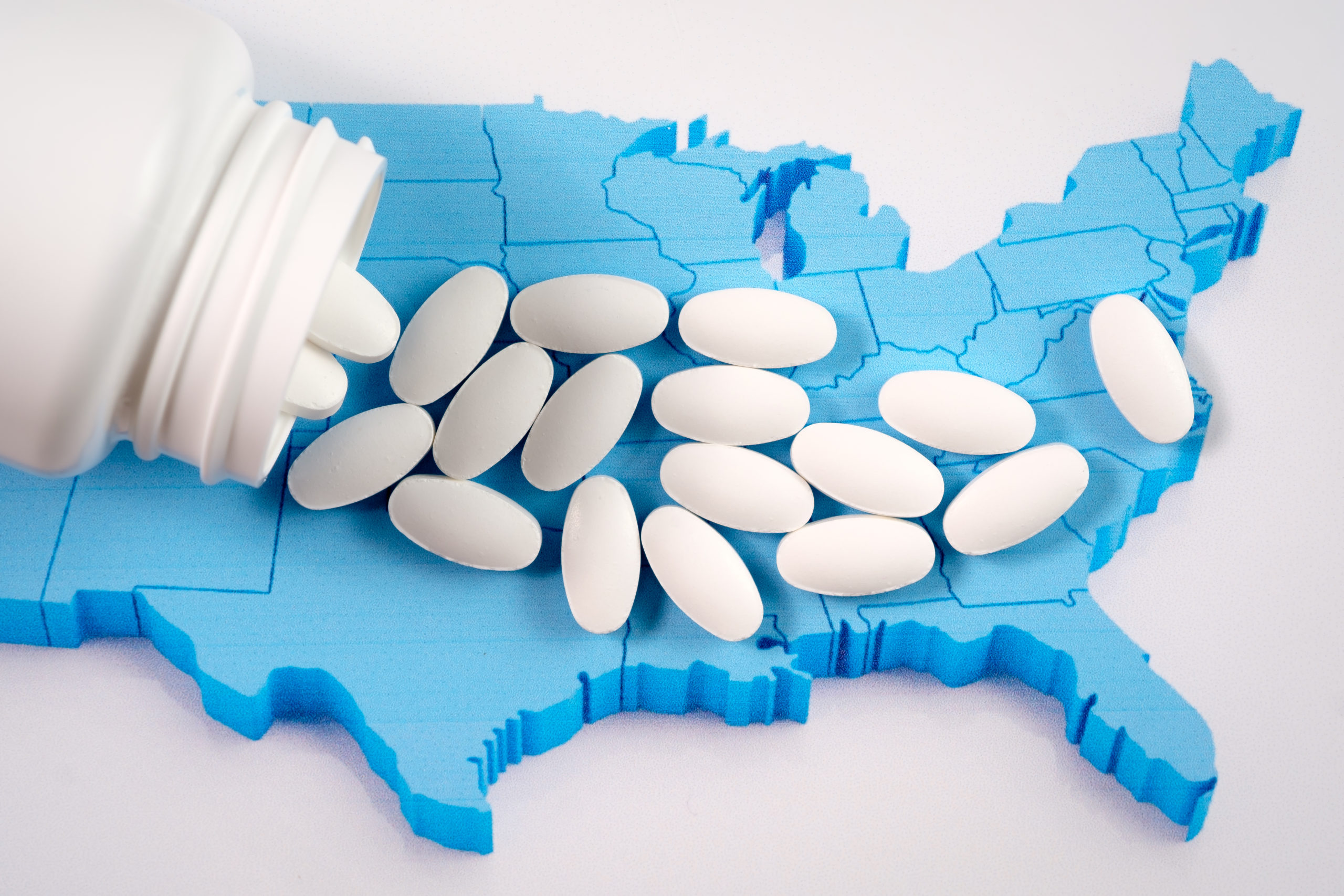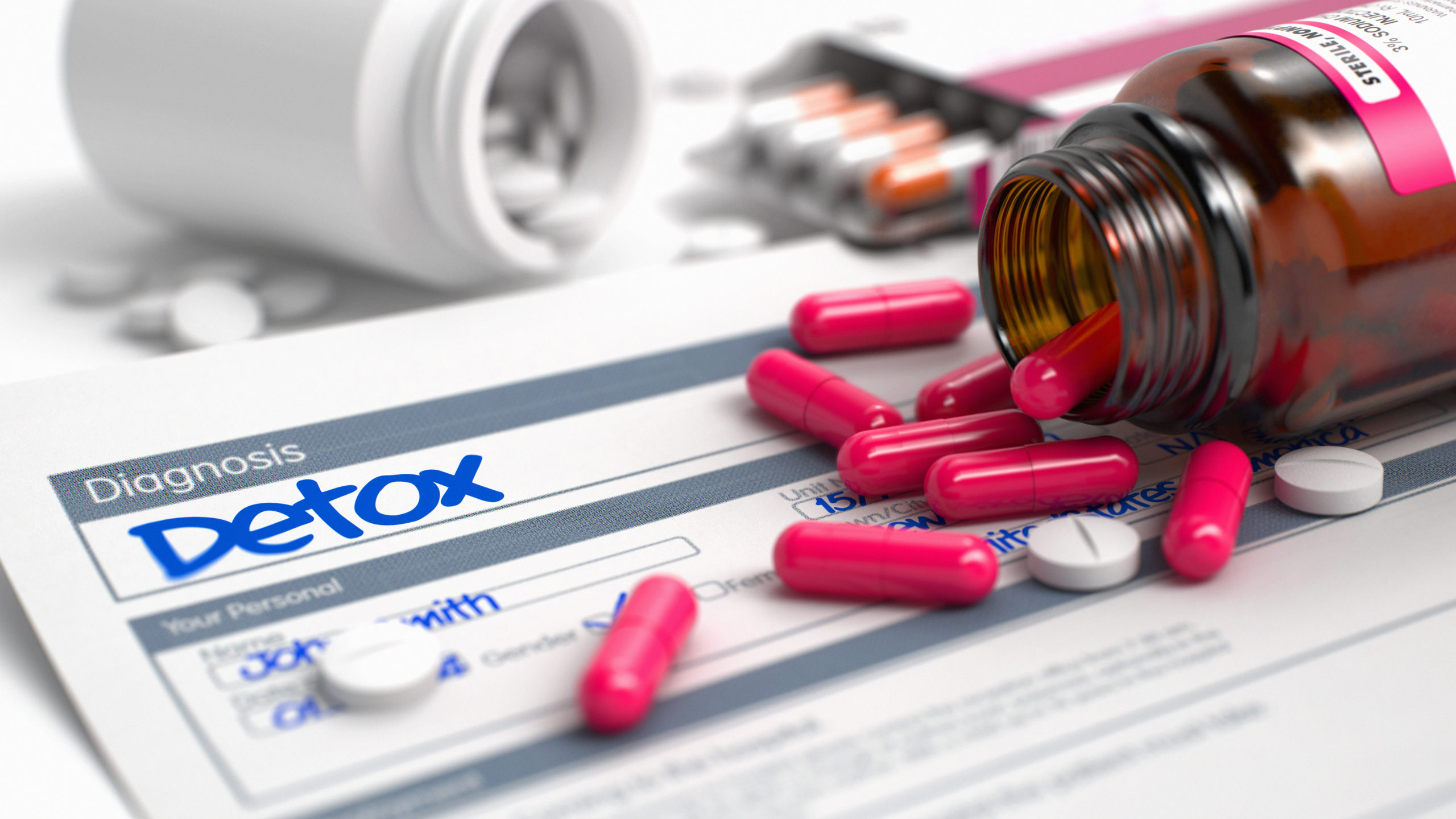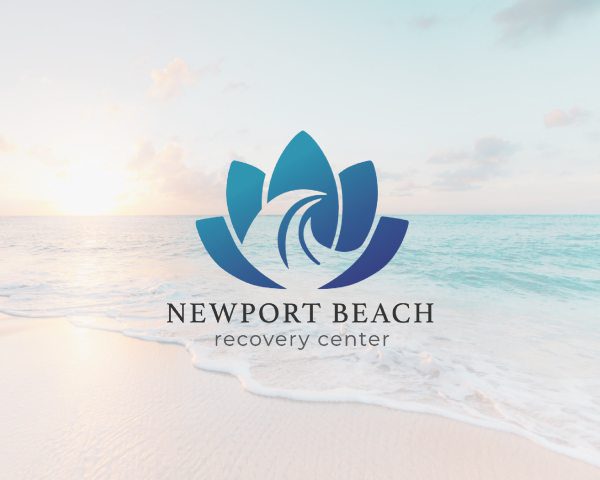Embarking on the journey to recovery from addiction can be a challenging process. For many individuals, codependency often becomes an unexpected obstacle. Codependency, although not a diagnosable issue, can significantly impact those striving for sobriety.
We’ll explore what codependency is, its signs, and the common relationships in which it manifests. Moreover, we’ll delve into the intricate link between addiction and codependency, emphasizing the difficulties codependent people face when trying to overcome both.
What Is Codependency?
Codependency is a complex dynamic that often develops in relationships where one person becomes overly reliant on another for their sense of identity and self-worth. A codependent relationship can manifest in various ways, depending on the nature of the relationship and the circumstances surrounding it.
In the context of addiction, codependency frequently emerges when family members or close friends feel responsible for the addicted individual’s well-being. This emotional entanglement can be particularly challenging to navigate and may hinder the addicted person’s path to recovery.
Signs of Codependency
Identifying codependency is crucial, especially when intertwined with addiction. People pleasers, those who prioritize others’ needs over their own, may find themselves caught in the web of codependency.
In many cases of codependency, signs may include enabling behaviors, constantly trying to fix or rescue the addicted loved one, and feeling responsible for other people and their actions. Recognizing these signs is the first step toward breaking free from the shackles of codependency.
Commonly Codependent Relationships
Codependency often flourishes in certain types of relationships, creating a challenging environment for those striving for sobriety. Spousal, familial, and friendships are common grounds for developing codependent dynamics.
Spouses may feel compelled to fix their partner’s addiction, while family members may assume responsibility for the addicted individual’s choices. For example, a parent might constantly bail out their child from the consequences of substance abuse, perpetuating the cycle of codependency.
The Link Between Addiction and Codependency
Understanding the connection between addiction and codependency is crucial for effective treatment. People who are addicted to drugs and alcohol may find themselves entangled in codependent relationships due to the destructive nature of their compulsive behaviors.
Codependency can exacerbate the challenges of overcoming addiction, as the addicted individual may rely heavily on the support (sometimes unhealthy) of their codependent relationships, hindering personal growth and recovery.
How Therapy Treats Codependency
Therapy plays a pivotal role in addressing codependency and addiction. It provides a safe and supportive space for individuals and families to explore the roots of codependency, fostering awareness and promoting healthier behaviors. Here are several ways in which therapy can be instrumental on the road to healthy relationships:
Setting Healthy Boundaries
Therapists work with individuals to establish and reinforce healthy boundaries, a crucial step in breaking free from codependency. Learning to distinguish between supporting a loved one and enabling their destructive behaviors is essential for both parties involved.
Addressing Learned Behaviors
Codependency often stems from learned behaviors in early life. Therapists help individuals identify and challenge these learned patterns, empowering them to make conscious choices that contribute to their well-being and the well-being of their loved ones.
Support Groups
Therapy may involve participation in support groups where individuals can connect with others facing similar challenges. Sharing experiences and strategies for coping with codependency creates a sense of community and reinforces the understanding that no one is alone in their journey.
Developing Emotional Independence
Therapists guide individuals toward developing emotional independence, helping them rediscover their sense of self-worth and identity outside of their codependent relationships. This newfound emotional strength becomes a cornerstone for addiction recovery.
Choose Newport Beach Recovery Center for Expert Help
If you or a loved one is grappling with the challenges of addiction and codependency, seeking professional help is a courageous step toward a brighter future. At Newport Beach Recovery Center, our experienced team understands the intricate dynamics of codependency and addiction. Our comprehensive addiction treatment programs, combined with targeted therapy, aim to address both the substance abuse and the underlying codependent patterns.
Breaking free from the cycle of addiction and codependency is possible with the right support. Our compassionate and skilled therapists are dedicated to guiding individuals and families toward healthier, more fulfilling relationships and lives. Take the first step toward recovery by choosing Newport Beach Recovery Center—where transformation begins.
Our therapists specialize in various types of therapy, including:
Cognitive Behavioral Therapy (CBT)
CBT is a widely utilized therapeutic approach that focuses on identifying and modifying negative thought patterns and behaviors. CBT helps individuals recognize and change unhealthy beliefs, fostering healthier coping mechanisms and improved decision-making skills.
Group Therapy
Group therapy offers a supportive environment where individuals facing similar challenges come together to share their experiences. Facilitated by a therapist, group sessions provide a sense of community, encouragement, and shared insights. This approach helps participants feel less isolated, promoting a collective journey toward recovery.
Couples Therapy
In couples therapy, individuals and their partners work together to explore and address the codependent dynamics within their relationship. Therapists guide couples in developing healthier communication skills, setting boundaries, and fostering mutual support, ultimately reducing codependency
Family Therapy
Family therapy is designed to address the impact of addiction and codependency on the family unit. By involving family members in the therapeutic process, our therapists help identify and modify dysfunctional patterns, fostering a healthier family dynamic that supports recovery.
Holistic Therapies
Newport Beach Recovery Center also incorporates holistic therapies such as mindfulness, yoga, and meditation. These practices focus on the interconnectedness of mind, body, and spirit, promoting overall well-being. Holistic approaches complement traditional therapies by addressing emotional, physical, and spiritual aspects of recovery.
Individual Therapy
Tailored to the unique needs of each individual, individual therapy sessions provide a confidential space for clients to explore personal challenges, triggers, and goals. Therapists work collaboratively with clients to develop coping strategies, enhance self-awareness, and address specific issues related to addiction and codependency.
Dialectical Behavior Therapy (DBT)
DBT combines cognitive-behavioral techniques with mindfulness practices. It is particularly effective in addressing emotional dysregulation, a common challenge for individuals dealing with both addiction and codependency. DBT helps individuals develop skills to manage intense emotions and improve interpersonal relationships.
Choosing Newport Beach Recovery Center means choosing a comprehensive and compassionate approach to overcoming both addiction and codependency. Reach out to us today to embark on a healthier, more fulfilling life. Remember, recovery is possible, and we are here to support you every step of the way.








